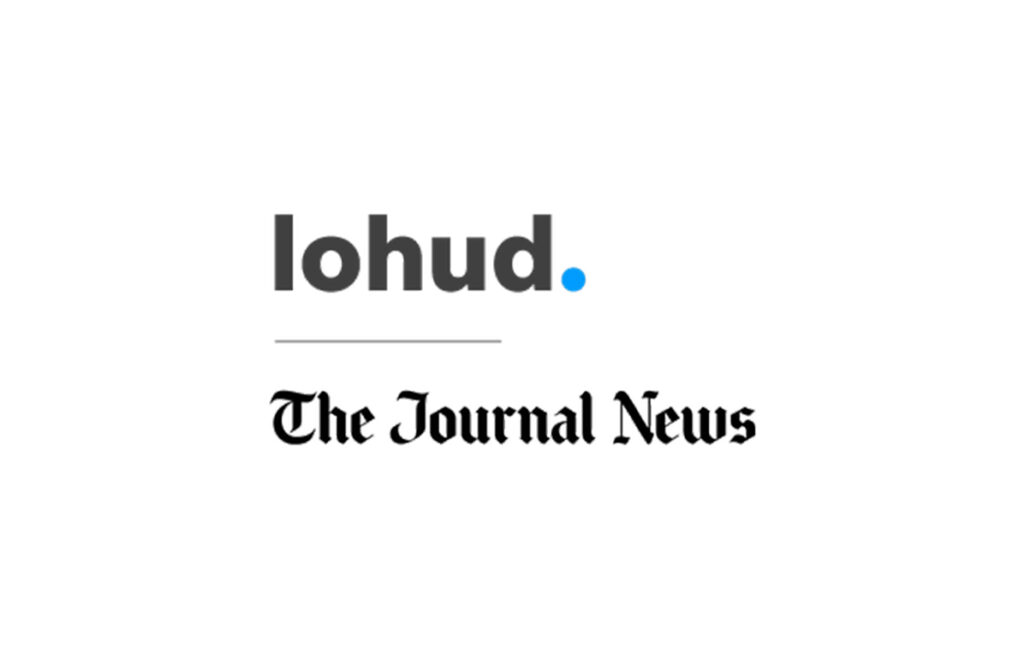By Doug Kelly
Free Speech Week presents a vital opportunity to remind ourselves that our freedom to express ideas doesn’t only live on the printed page or in the public square — it thrives in the digital space, from blogs to social media posts and encrypted messages to the technological advancements of the future. But in an era where countries like China, Russia and Iran are actively undermining a free and open internet, the battle for free speech has never been more urgent.
In today’s increasingly digital world, the struggle for free expression has expanded beyond traditional forms of media to the fiber optic cables and wireless signals that carry our ideas. Authoritarian regimes are increasingly targeting the internet, using it as a tool for control and censorship. In North Korea, internet access is not an option, and in China, Russia and Iran, digital surveillance and censorship systems stifle dissent, restrict access to information and block open discussion. Internet freedom continues to decline in other despotic nations including Syria, Turkey and Venezuela.
For citizens living under these oppressive regimes, the internet often represents the only space for organizing reform and speaking out against injustice. When governments restrict access to digital platforms, they suffocate not just information but hope itself. China has constructed a chilling vision of what the internet becomes when its core principles of freedom and openness are dismantled.
Through the “Great Firewall,” China effectively silences dissent and blocks access to information critical of the government, deleting anything deemed subversive, including discussions about democracy, exposing human rights abuses and corruption within the Communist Party. Russia and Iran, following China’s example, are developing their own systems to suppress online discourse and tighten control over digital spaces, using internet shutdowns, content filtering and widespread surveillance to prevent free expression.
